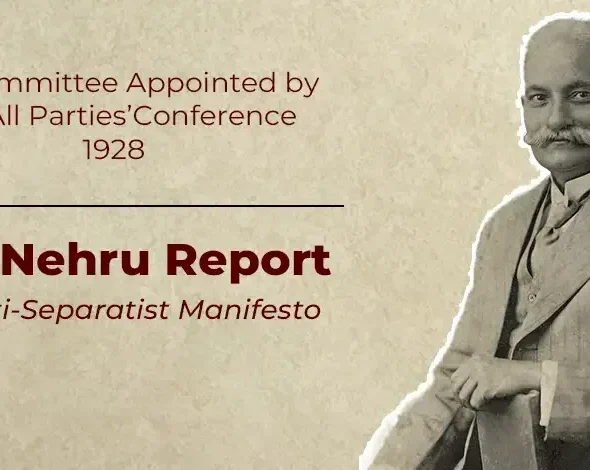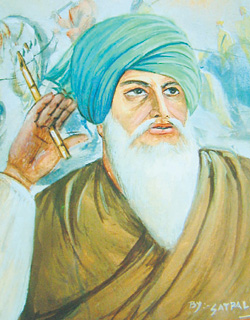DHANNA SINGH MALVAI (1775-1843), soldier and jagirdar under Ranjit Singh, belonged to the village of Maur in Nabha territory. Mall Singh, Dhanna Singh`s father, who was the first in the family to be initiated a Sikh, left his village about 1760 and entered the service of Charhat Singh Sukkarchakkia as a sowar. He was killed in a campaign in the northwest. His son, Dhanna Singh, left Maur in 1793 and took up service with Sahib Singh Bharigi of Gujrat. About the year 1800, he enlisted himself in the force of Fateh Singh Kaliarivala as a trooper, and soon rose in his favour, obtaining an independent command.
GIAN SINGH RAREVALA (1901-1979), administrator and politician, was born on 16 December 1901 at his mother`s village Bhari in Ludhiana district. His own ancestral village was Rara, also in Ludhiana district, where his father Ratan Singh was a bisveddr (fiefholder) of the former princely state of Patiala. Gian Singh having received his early education at Bhari, Samrala and Ludhiana, passed his matriculation examination from Model High School, Patiala, and Bachelor of Arts examination from Mohindra College, Patiala, in 1925. He then entered the Patiala state service as a ndib ndzim (assistant deputy commissioner) and after a year`s training at Patiala he was posted to Sunam.

NEHRU COMMITTEE REPORT AND THE SIKHS. Constitutional reforms introduced under the Government of India Act, 1919, did not satisfy the Indian public opinion which continued to press for a fully responsible government in India. The Act itself contained a provision that after ten years a statutory commission would be appointed to review its working. A commission consisting of seven members of British Parliament, with SirJohn Simon as chairman, was constituted in November 1927 to survey the political situation in India.









